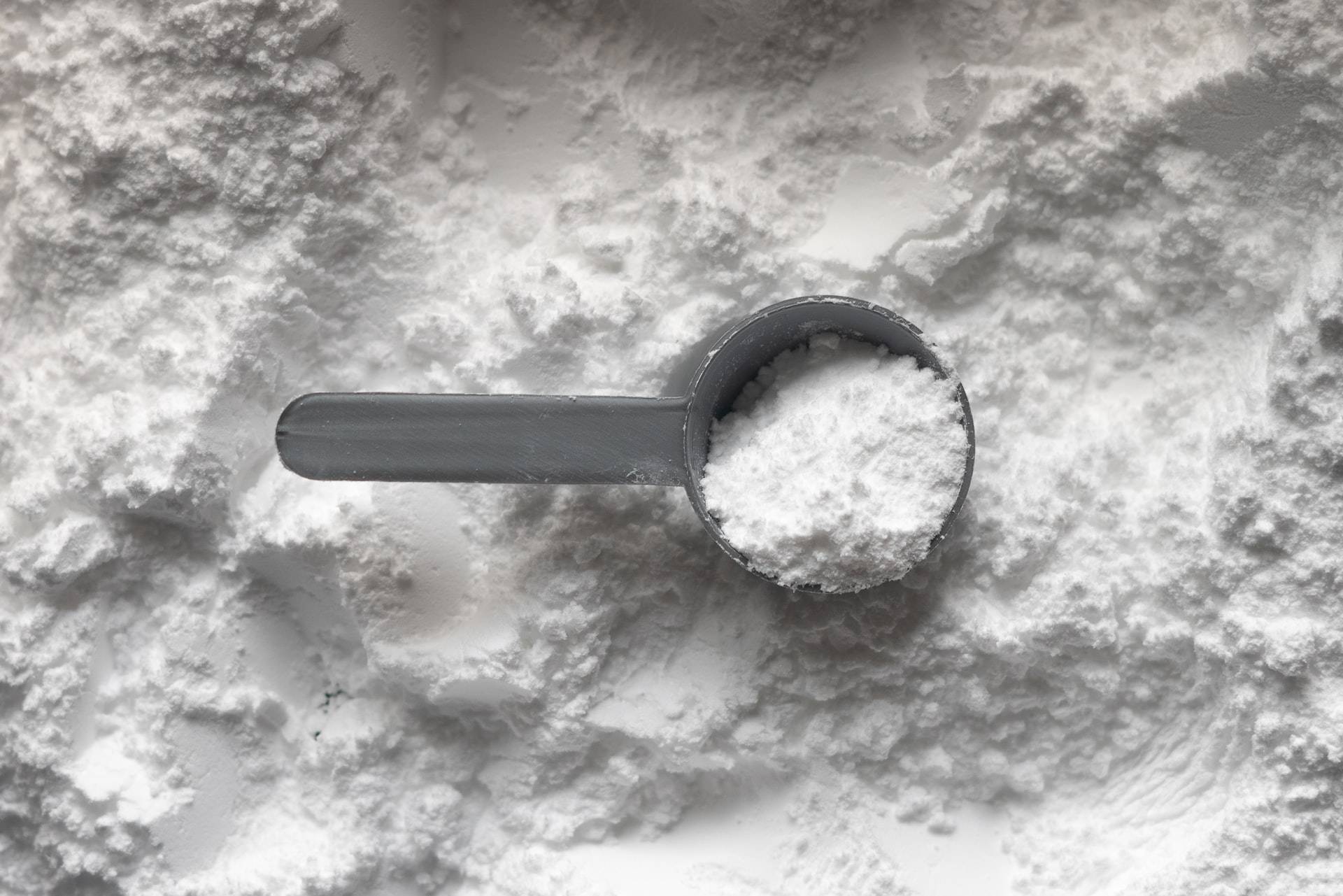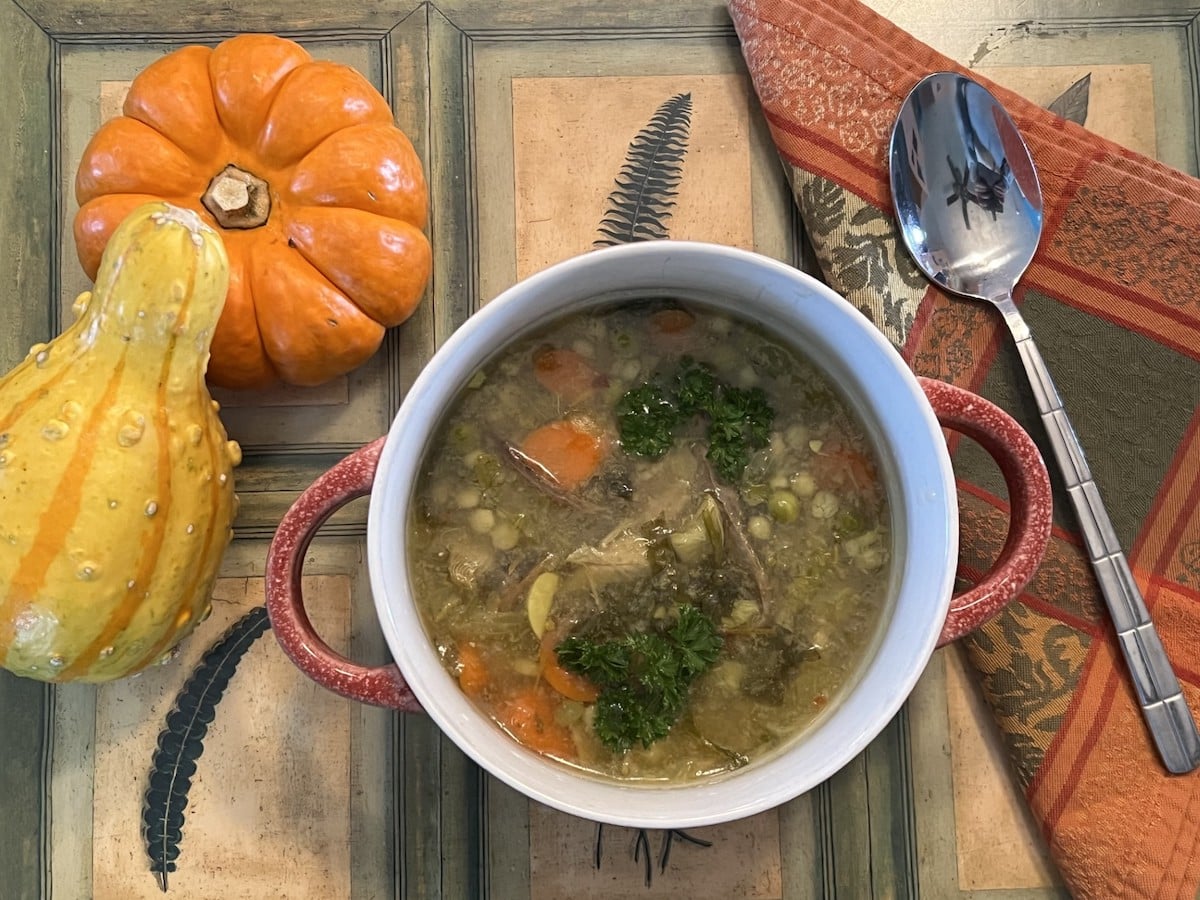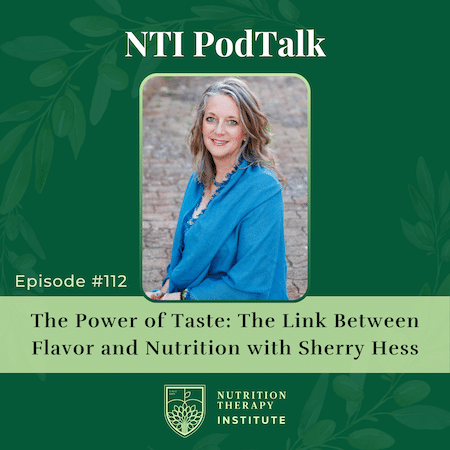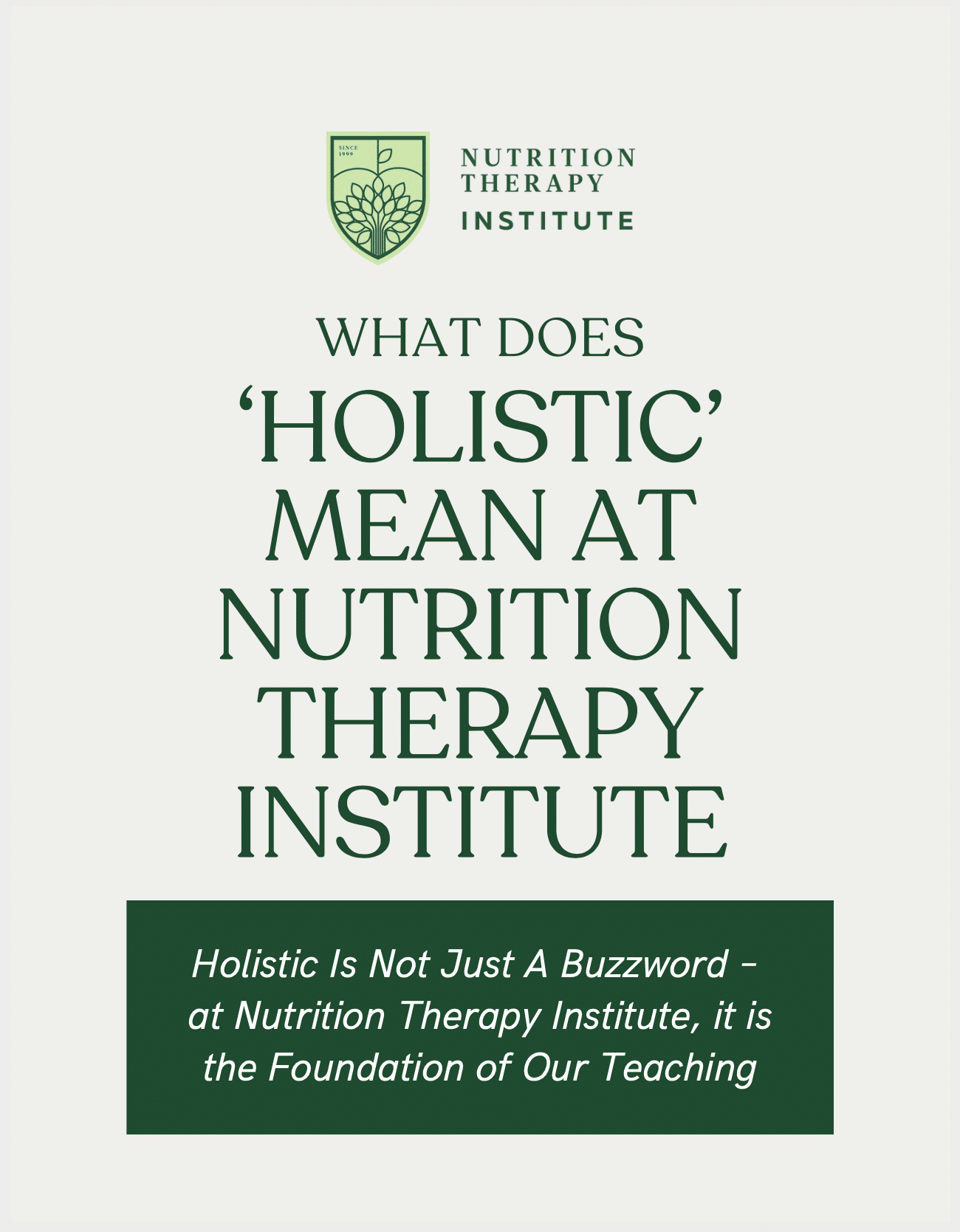
Share this post!
Protein powders are a popular way for people to boost their daily intake, but not all are created equal. For a long time, whey protein was all the rage. It provides all of the essential amino acids, and it’s easy to digest. Then pea protein entered the scene. You’ll see claims that pea protein is “the best protein” or “the winner” as a plant-based protein.
If you’ve ever wondered why people use protein powders, what the difference is between types, or which protein powder is the best…read on. We’ll cover the basics about protein and then dive into everything you ever wanted to know about protein powders—particularly whey protein and pea protein powders.
Why Everyone Needs Protein
Dietary protein consists of long chains of amino acids. Once digested and absorbed, those amino acids provide the structural building blocks for every cell in the human body. They help to regenerate cells of the muscles, bones, and joints. They produce collagen and keratin for healthy skin. They create hemoglobin to carry oxygen through the blood. Protein is so essential to the structure of the human body that without it, people can waste away.
In addition to being critical for the growth and repair of body cells, the amino acids from protein also serve as precursors to produce enzymes, hormones, and neurotransmitters. These are critical messenger molecules that coordinate every bodily function—from mood to energy to appetite to blood pressure. Without adequate protein, all of these functions can suffer.
Daily Protein Requirements
The National Academy of Medicine recommends that healthy adults eat at least 0.8 kg of protein per day for every kg of body weight. That equates to 7 grams of protein for every 20 pounds of body weight. A 120-lb woman, for example, should eat at least 42 grams of protein per day. A 180-lb man should eat at least 63 grams.
These numbers serve as a general guideline, but the ideal protein intake for any given person depends on many factors. For example, rapidly growing teenagers need more protein than young children. Pregnant women need more protein than non-pregnant women. Body builders need more protein than inactive people.
Definition of Complete Protein
Of the 20 different amino acids that combine to form proteins, nine are considered “essential” or “indispensable.” These nine amino acids cannot be synthesized by the body and absolutely must be consumed in the diet. A complete protein is defined as a source of protein that provides all nine of the essential amino acids. Examples of foods that provide complete protein are meat, milk, and eggs.
Although it’s necessary to consume all nine of the essential amino acids every day, they need not all be consumed all at once or in a single food. Plant foods, such as rice and beans, can be combined to provide all nine essential amino acids over the course of a day.
People at Risk of Low Protein Intake
Protein malnutrition affects millions of people worldwide, but it’s rare in the United States and other developed countries. However, people who eat an unbalanced diet could suffer adverse consequences of low protein intake. Some of the signs that you might be eating insufficient protein could include thinning hair, brittle nails, loss of muscle mass, fragile bones, or an increased frequency of infections.
Types of Protein Powders
There are several different reasons that somebody might want to supplement their diet with a protein powder. One reason would be that they are at risk of inadequate intake. But more commonly, people use protein powders to boost their daily protein intake for a specific reason—like to build muscle and bone, support detoxification, or lose weight. Protein powders are available from many different food sources. Here are some:
- Whey protein is a complete protein that is derived from milk.
- Casein is another complete protein derived from milk, but it is not as easily digested as whey and more likely to be problematic for people with a dairy allergy.
- Soy protein is a complete protein that is derived from soybeans. Soy is quite controversial, particularly because of its phytoestrogenic effects and potential for introducing genetically modified organisms (GMOs).
- Egg protein is a complete protein that is derived from egg whites. It is problematic for anybody with an egg allergy or sensitivity.
- Collagen protein makes up the structure of joints, tendons, muscles, and bones. When it’s taken as a supplement, it provides the building blocks for these body tissues.
- Hemp protein is a plant-based protein powder. It is not a complete protein, but it is unlikely to be problematic for people with allergies and has the added benefit of providing essential omega-3 fatty acids.
- Brown rice protein is not considered to be a complete protein because it is low in the amino acid lysine. However, it is a plant-based option that is unlikely to be problematic for people with allergens.
- Pea protein is a plant-based protein that is also complete and increasing in popularity.
In addition to being derived from a variety of food sources, protein powders are produced in different ways:
- Protein concentrates are produced by extracting protein from a whole food. The process of extraction can be accomplished by heat, acid, or enzymes. Protein concentrates still contain some carbohydrate and fat, but still provide a protein concentration of 60% to 80%.
- Protein isolates are produced in a similar way as concentrates with an additional step to filter out more of the fat and carbohydrate portion. This makes for a powder with a protein concentration of 90% or more.
- Protein hydrolysates are also produced in a similar way as concentrates except with additional heat, acid, or enzymes. The result is a product where the bonds between amino acids are broken. Protein hydrolysates are sometimes called “pre-digested” and are helpful for people with poor digestion.
Whey Protein Powder
Whey is the liquid part of dairy products that separates out during the cheese-making process. It’s the liquid that floats to the top of the yogurt container. Whey is a complete protein that is easily digested and absorbed. Whey protein has been shown to support muscle mass, weight loss, and even healthy blood pressure.
One interesting characteristic of whey is that it provides amino acids that support antioxidant defenses and detoxification. One of the most important detoxification molecules in our body is glutathione, which is made from three amino acids: cysteine, glutamine, and glycine. Whey protein provides all of these amino acids. Studies suggest that the amino acids in whey support healthy liver function.
Pea Protein Powder
Pea protein comes from yellow split peas, which are a legume. They are one of the rare plant foods that contain all nine essential amino acids, which is one thing that makes them attractive for a protein supplement. However, some of those nine amino acids are only present in small amounts—such as methionine at only 1%.
Still, proponents tout pea protein as an option that is acceptable for vegans, vegetarians, and anyone who is allergic to whey protein or dairy. It also appears to offer similar benefits as whey protein.
In a study published in the Journal of the International Society of Sports Medicine, pea protein was found to be equally effective as whey protein at supporting muscle mass. Another study found that both pea protein and whey protein produce similar benefits in people doing high-intensity workouts.
The Final Answer
If you are a person who would benefit from supplementing protein to your diet, it’s likely that either whey protein or pea protein would do the trick. In either case, look for quality. Ideally, whey protein should be non-denatured, cold-processed, and derived from organic, grass-fed milk. Pea protein is best when it’s not combined with fillers, artificial sweeteners, or other unnecessary ingredients.
Also, consider your goals and values. If you’re more interested in an amino acid profile that will support detoxification, go with whey. If you’re allergic to whey or strictly vegan, go with pea. At the end of the day, protein powders should merely supplement an otherwise healthy diet—which will have a more profound effect on your health than any protein powder EVER will.
Related reading…
What Type of Supplement Should I Take? Which Form Is Best and Why
About the Author: Sarah Cook, ND, is an instructor at the Nutrition Therapy Institute. She is also the owner of ND Pen, providing branding, copywriting, and website design services for integrative healthcare practitioners. Connect with Sarah at www.ndpen.com.
Image: Photo by HowToGym on Unsplash
Share this post!




















